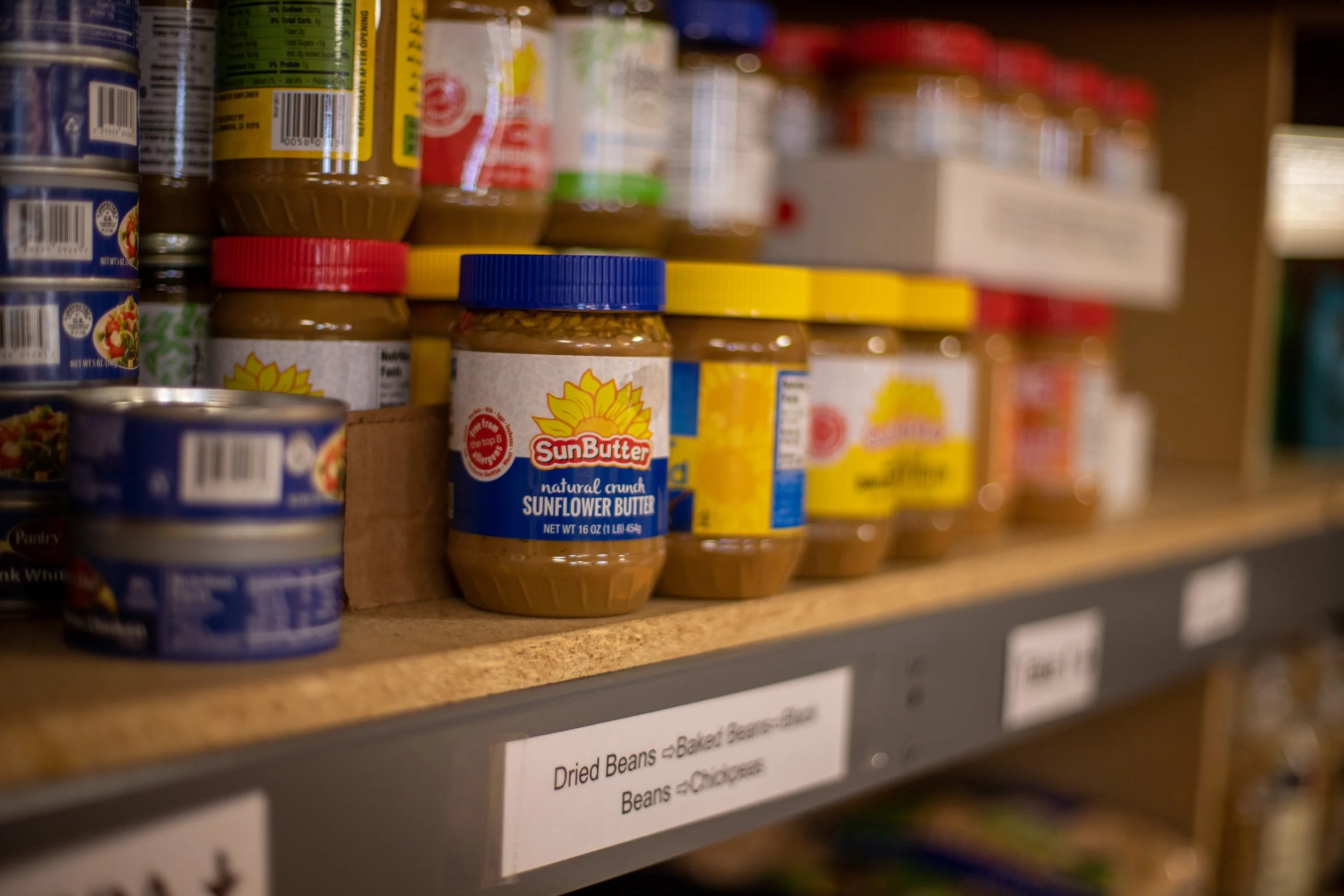Food Donation Guidelines: What to Donate and What to Avoid Donating
Thinking about donating food to our pantry? Wonderful! Here are a couple of things you should know about what you can (and should) donate and items to avoid donating to our pantry.
What food you CAN donate:
Crossroads accepts dry and canned food donations. What does that mean? Basically, any food that is “shelf-stable” or nonperishable – you can keep it in your pantry, and it won’t go bad. Remember, only donate food that hasn’t reached its “sell-by” date yet. Specifically, we often need items like:
Canned soup
Canned fruit
Canned vegetables
Peanut Butter
Canned fish, such as tuna
Dried beans
Pasta (most prefer whole grain)
Rice (most prefer brown rice)
While this is not an exhaustive list, it covers a lot of what our pantry regularly needs. Additionally, we do not accept personal care and household items, since many families struggle to afford these items because they aren’t covered by other food assistance programs like SNAP.
What you should NOT donate:
The number one rule to remember is this: if your donation is perishable, i.e. it’s something that has a limited shelf life if not refrigerated, do not donate it. Items that you should avoid donating include:
Items needing refrigeration: Food like produce, dairy, and meat can spoil to keep these items fresh.
Expired food: When considering what to donate, think about what you’d be comfortable serving your family. Chances are, you don’t eat food that’s past its “use-by” or “sell-by” date, so avoid donating anything past those dates to food pantries as it could be unsafe to eat.
Leftovers from home: While it may be tempting to want to share the bountiful food from big meals, it’s best to best to keep leftovers for the family. We can’t accept leftovers, or anything made in personal kitchens because they aren’t individually sealed and we are unable to verify the ingredients or preparation process.
Food with packaging concerns: Food with damaged packagings such as dented or bloated cans, packaging that is already open, or even items in glass containers, which can shatter and cause food safety concerns for any other food they’re stored near cannot be donated. A good rule of thumb is if you wouldn't consider buying it new, don't donate it.
Baked goods from home: Similar to leftovers, we’re unable to verify the ingredients of home-baked goods so, they can’t be donated. However, food that is properly labeled and handled by local restaurants or bakeries is acceptable.
Other options
If you’re still trying to decide what type of food to donate, please consider making a financial contribution to Crossroads at ccsdallas.org/donate. Or host a Dollar Drive. The power of a donated $1 is equal to creating four meals.

